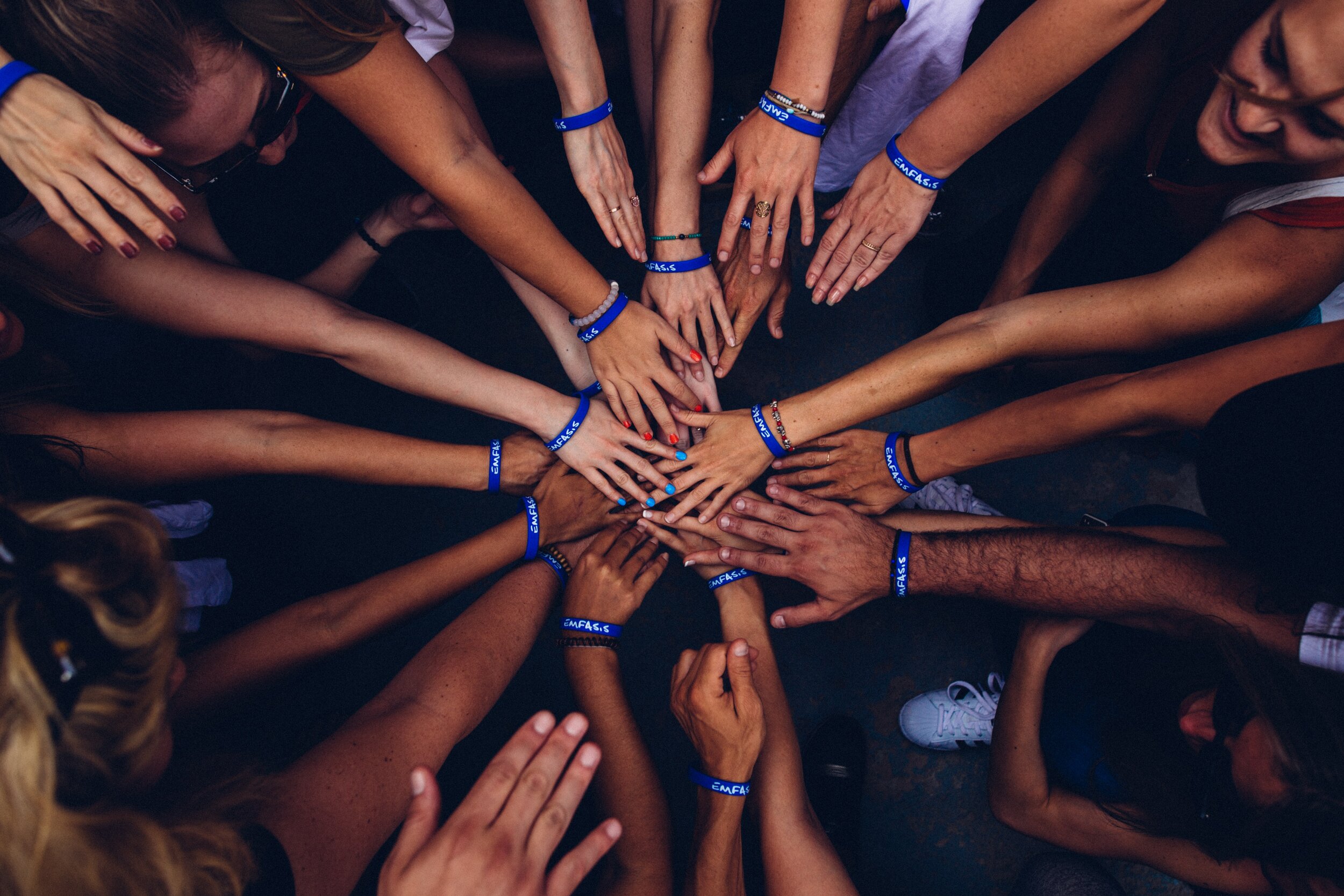Anger

We all know that anger is a normal emotion and valid in many situations. However expressing anger through yelling, expletives, or aggressive behaviors can lead to negative consequences. It’s important we find ways to share our anger with others in ways that allow the other to hear and understand us.

Anger is a healthy emotion, but often we worry it isn’t. Focused on the behaviors anger can lead to, we often avoid thinking about and tackling why we are feeling angry. We all experience anger, from frustration with a co-worker to full-blown anger in a breakup or another scenario. Amongst varying degrees of anger, it’s helpful to have strategies that support regulating these emotions, so that you are not impacted negatively.
By practicing coping strategies daily, to reduce and manage anger, we can find ourselves better able to manage stressors as they arise. Here are a few daily practices to try that can support this.

Coping with anger can be stressful and upsetting. However, there are several coping strategies

We hear a lot about the importance of forgiving those who have harmed us, but what about forgiving ourselves? Is that important as well? Absolutely. When we hurt others, we experience regret and apologize, hoping to make amends. However, we often beat ourselves up for mistakes and develop negative thoughts about ourselves because of it. Within these experiences come feelings of shame and guilt; while these feelings are similar and can occur in tandem with one another, they are slightly different. Self-forgiveness is one way to reduce feelings of guilt and shame; we’ll be discussing strategies you can use to engage in self-forgiveness.

It is crucial during this time to create healthy boundaries and engage in self-care. This looks different for all whether this be dancing, crafts, cooking, gardening, spiritual or religious practices, and many others. Limiting social media and news activity may be helpful in engaging in self-care, as well as breathing exercises and other mindful techniques to reduce anxiety and process difficult feelings. Self-care is crucial during this time, here are a few resources from the NAMI list of health resources for the black community.

As protestors continue to take to the streets across the country, highlighting ongoing systemic racism, social media is amplifying these messages. Videos and photos depicting police violence toward protestors such as shooting them with rubber bullets, driving cruisers into crowds, and throwing tear gas at protestors can be viewed daily, across social media platforms. According to research, while this imagery shines light on racism and aims to bolster efforts in fighting it, the explosion of content can also cause and reinforce trauma, especially for black people. Trauma and the possibility of symptoms of PTSD can occur due to the accumulation of experiences of racism and discrimination.

Self-control is something you can increase. Science says so!

There are those experiencing marginalization/discrimination, racism, inequality, homelessness, mental illness, poverty and other challenges that continue through the holidays. Even if you don’t find yourself falling into one of these categories, everyone has their own stressors to contend with.

